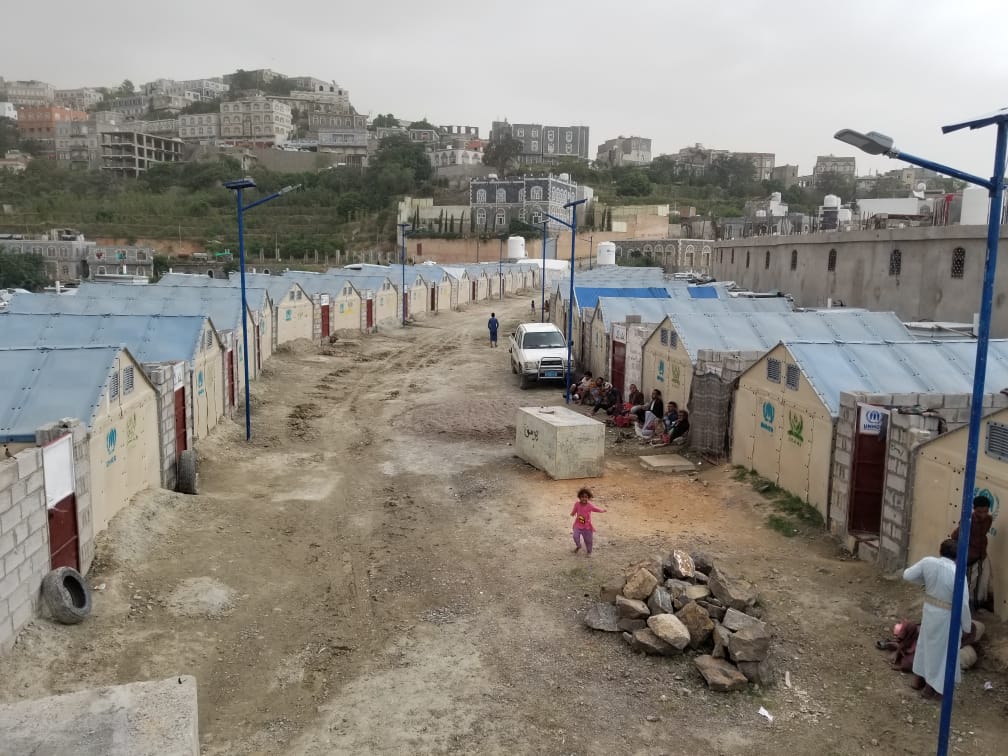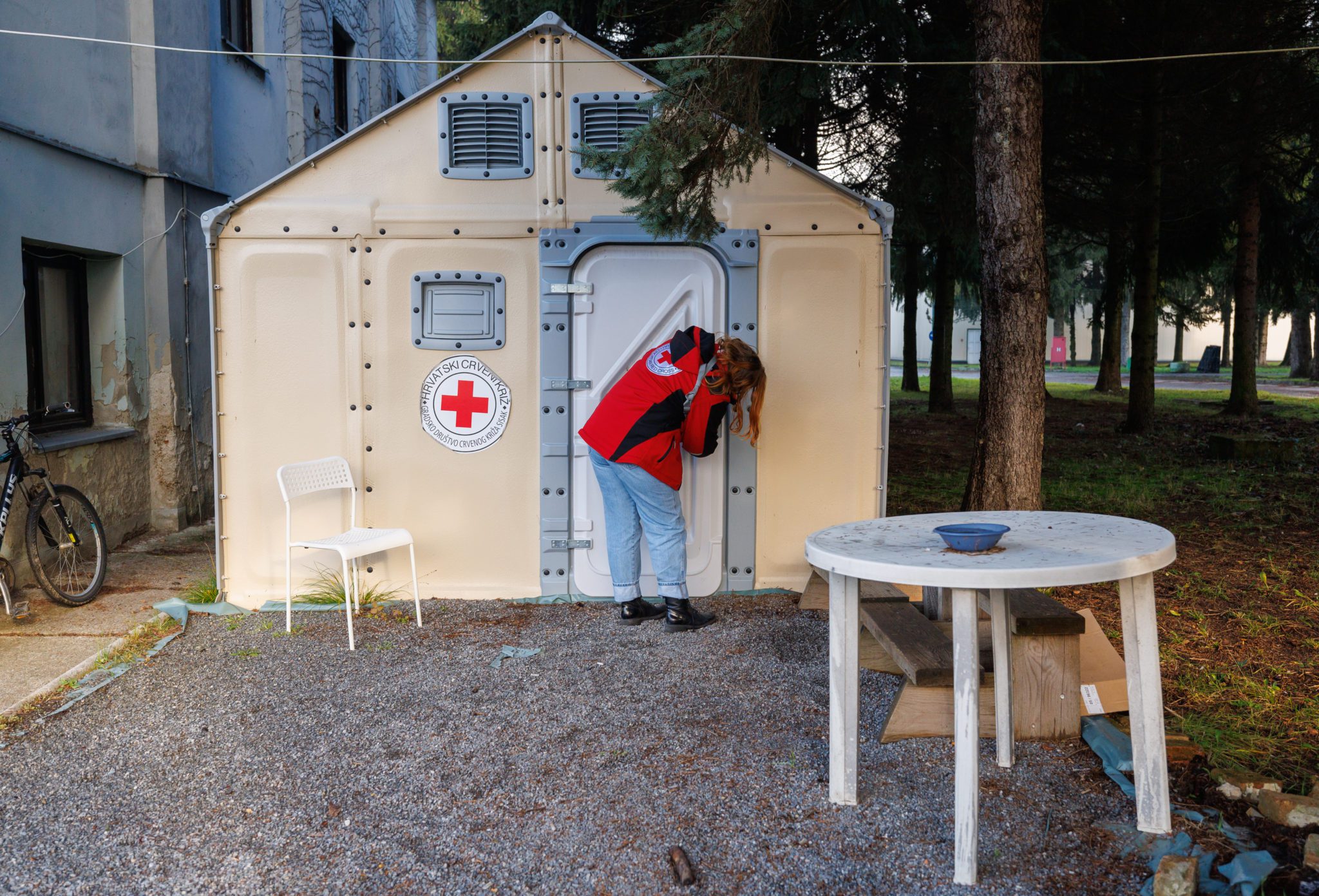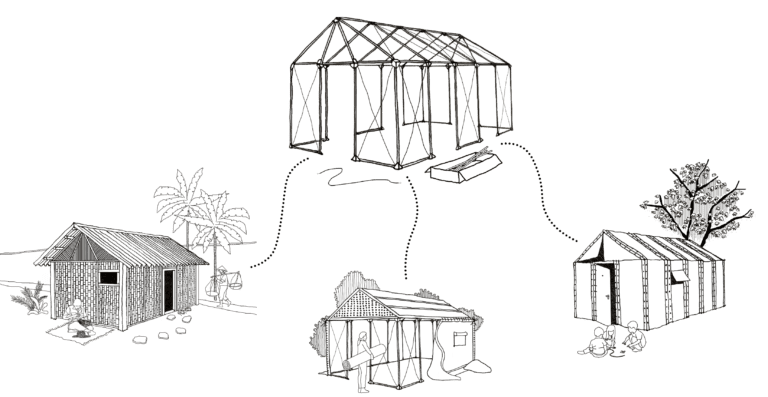The ongoing conflict in Yemen has, since its beginnings in 2015, forced over 3.6 million people to flee their homes. It has also contributed to creating the world’s most significant food security emergency, with more than 20 million people lacking sufficient nutrition. The UN has, therefore, named Yemen as the world’s largest humanitarian crisis.
Being one of the Arab world’s least prosperous countries, Yemen was propelled into a deep political crisis after the Arab Spring uprising in 2011, when longtime president Ali Abdullah Saleh was forced to hand over power to his deputy Abdrabbuh Mansour Hadi. Upon this turn of events, the Yemeni Houthi movement (backed by the security forces who remained loyal to Saleh) became stronger and ultimately occupied the capital of Sanaa before attempting to gain control of the country, forcing Mr. Hadi to flee.
To counteract this development, Saudi Arabia formed a military coalition which landed in Yemen in August 2015; ever since, the Yemeni conflict has continued to have a deadly impact on both militants and civilians.
By March 2020, the UN had verified over 7,700 civilian deaths. However, the US-based Armed Conflict Location and Event Data Project stated that it has recorded over 100,000 deaths, including over 12,000 civilians. In 2019 alone, 23,000 deaths were recorded, making it the second most fatal year in this conflict.
With the 2018 blockade of the Hudaydah port, which supplies two-thirds of the Yemeni population with food and medicine, the humanitarian crisis has worsened and led to malnutrition and poor health for a majority of the already vulnerable civil community. About 24 million (roughly 80%) of the population need humanitarian assistance and protection, with over 10 million people on the verge of outright famine, according to the UN. Furthermore, an estimated 2 million children are acutely malnourished.
The situation for the Yemeni people has been dire since the beginning of the conflict in 2015. According to the UN refugee agency, UNHCR, over 3.6 million people have been forced to flee their homes and received status as Internally Displaced Persons (IDP). UNHCR provides displaced communities with essential household items, cash for medicine and food, psychosocial services and other assistance.
In this crisis, it is also of the utmost essence to provide shelter to the communities in need. As winter approaches, UNHCR has implemented Better Shelter units to protect displaced Yemenis from the cold weather and to ensure they can live as safely as possible. Furthermore, the teams have added outer entrances built in brick to the design to enhance these properties. We hope that the shelters will help people regain stability in a very stressful situation, and we thank our partner, UNHCR, for their vital work.




